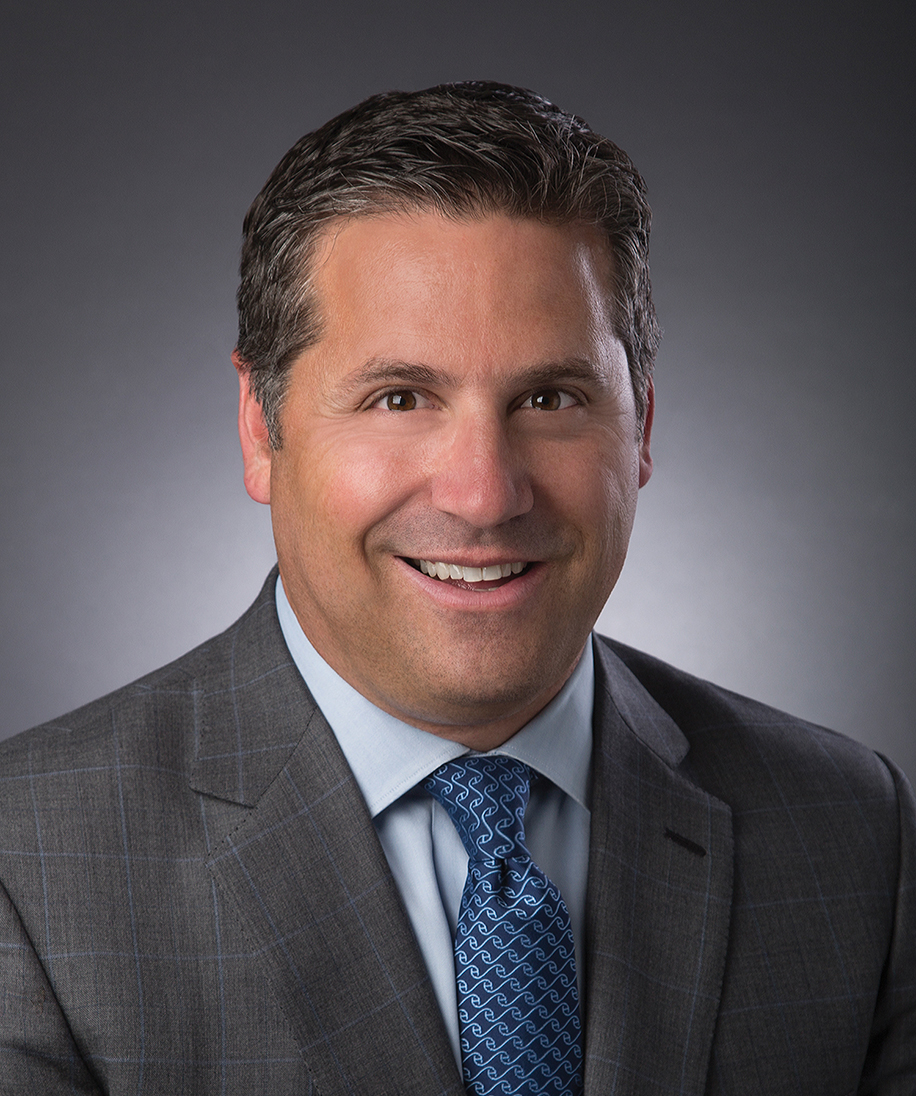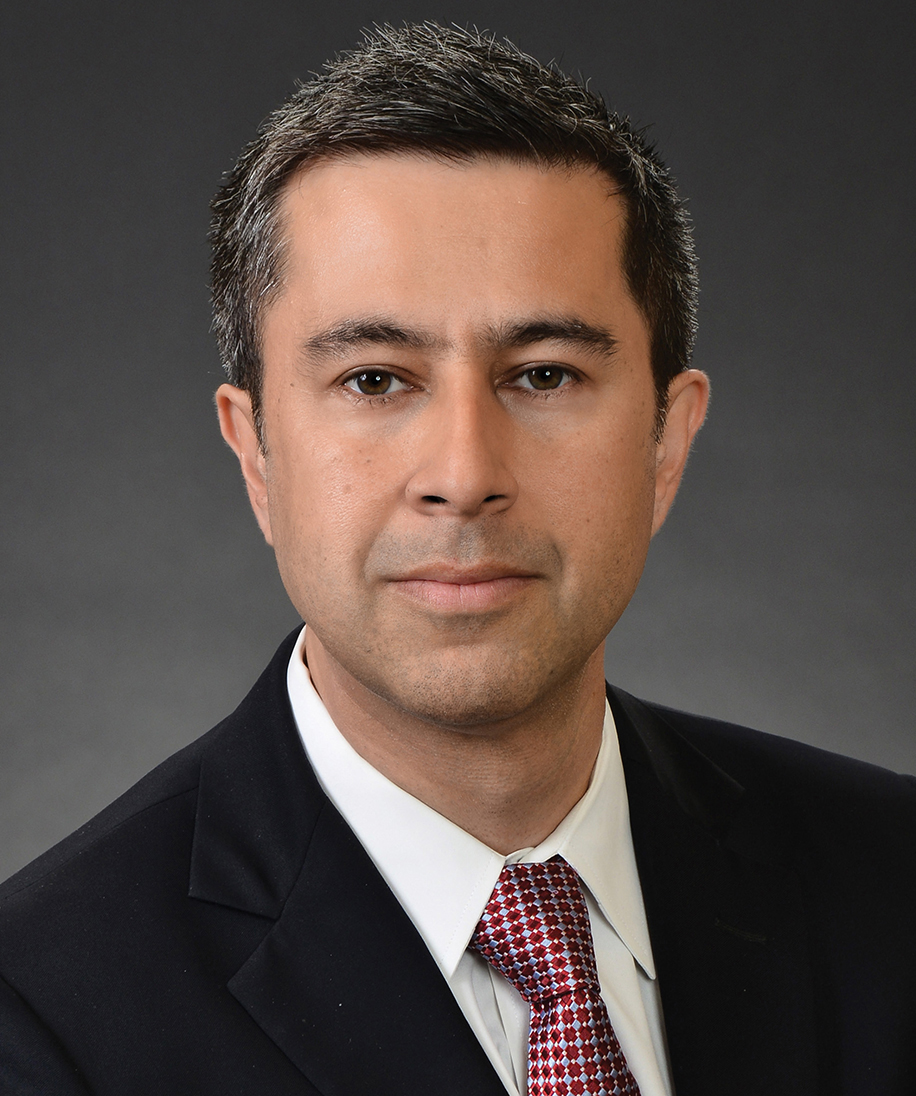Client Alert
PH COVID-19 Client Alert Series: Issues for Private Fund Managers in the Age of COVID-19
March 17, 2020
the Investment Management Practice Group and the Private Investment Funds Practice Group
The spread of the COVID-19 virus and its continually evolving market and societal implications have already impacted private investment funds and their investment managers. Now is a crucial time for managers of all types of private funds, whether closed-end or open-end, to take a moment to assess the following:
- Funds’ Governing Documents and Ongoing Obligations Thereunder
Managers of private funds should take stock of the various documents governing their funds to understand the more relevant provisions therein including private placement memoranda, partnership agreements or other operating agreements, investment management agreements, subscription documents, articles of association, and related documentation. Investor side letters may also need to be reviewed. To the extent that managers see new opportunities, for example, the Fund’s stated investment strategy should be carefully reviewed to ensure that intended investments fit within the scope of the manager’s authority. Particular attention should be paid in open-end funds to withdrawal/gate provisions (more on this below), and in closed-end funds to subsequent closing true-up provisions, investment period provisions, and the ability to call capital for follow-on investments, among many others. In all funds, valuation requirements and reporting require consideration.
Managers should understand the standard of care imposed on them and determine where, if at all, the terms between any domestic vehicle and offshore vehicles within a fund structure vary regarding the policies to be followed by the manager and any regulatory obligations that may apply. For example, in the context of funds with independent directors, certain actions taken by the manager may require the approval of, or at least notice to, those directors (which, as noted below, may give rise to certain logistical constraints in these times). Managers should also continue to comply with any reporting obligations, investment restrictions, side letter provisions (including provisions requiring notice of certain events), and ongoing regulatory requirements such as Schedule 13D and 13G filings with the SEC. European regulated managers should be particularly aware of their legal obligations as risk managers under AIFMD as well as their fund terms.
- For Open-End Funds, Pending Requests for Liquidity (i.e., Withdrawals or Redemptions), or Planning for Future Withdrawal/Redemption Requests
Private fund managers should take the time to understand their fund’s gating and suspension provisions, especially where those provisions may predate the 2008/2009 financial crisis, in order to be prepared to address any sudden requests for liquidity that don’t align with the liquidity profile of the fund’s portfolio. Hedge fund managers may also want to examine whether side pocket capacity is available and/or appropriate to deal with investor requests for liquidity in the absence of cash. A fund’s documents may not necessarily require the immediate sale of positions at “fire sale” prices to produce cash to fund redemption/withdrawal requests.
- For Closed-End Funds, Consider Whether Adjustments Should be Proposed to the Investment Period, Fund Term, Capital Raising Period, or other Similar Provisions
During the global financial crisis of 2008/2009, it was common for all of these time periods to be extended where circumstances warrant. The current situation is too fluid to predict but, if managers will need more time to execute on acquisition, disposition or repositioning strategies, there should be dialogue with investors on these points and readiness to seek amendments to fund documents where appropriate.
- The Fund’s Distribution Provisions
Both open-end and closed-end funds should study their distribution provisions to understand when distributions to investors are required, when they can be suspended or delayed, when reserves may be held back, and when alternatives to cash may be distributed. Many funds provide for distributions in kind, but do not specify the form in which these distributions be made. Other funds’ documents are far more detailed and may, for example, allow for the distribution of interests in a liquidating trust or similar vehicle, or a “slice” of the fund’s portfolio as of a relevant redemption/withdrawal date which will be converted to cash as less liquid investments are realized over time.
- Differences Between Onshore and Offshore Procedures
Funds with more complicated structures, including entities in non-U.S. jurisdictions, should work with counsel to understand any operational or procedural differences that may exist between their various fund entities. Independent board members, if present in the structure, may need to be briefed. The fund and manager may need to satisfy different requirements to suspend withdrawals/redemptions or otherwise stabilize a fund in distress in different jurisdictions. Some offshore structures will raise unexpected practical difficulties, with the manager’s directors being unable to attend board meetings in person or the offshore nominee directors being resource-constrained to manage conflicting demands. Managers will also have to review carefully their tax and regulatory structuring to avoid creating legacy issues.
- Secondary Transactions and Other Sources of Liquidity in Closed-End Funds and “Suspended” Open-End Funds
Some private fund investors may have practical or regulatory requirements to reduce their allocation to alternative investments, particularly where a reduction in the value of their public market investments have left them over-weighted in alternative investments. This was one of the features of the previous global financial crisis. In addition, investors may default on capital call obligations for a number of reasons including investors’ own liquidity crises or simple disorganization due to physical displacement of investor personnel. Managers may therefore experience an increase in transfer requests from fund investors and, ahead of any increase in transfer requests, the manager may wish to focus on the transfer provisions in each fund’s governing documents (e.g. rights of first refusal or legal opinion requirements that need to be complied with) and any tax or regulatory issues (e.g. PTP restrictions). For funds of funds with capital to deploy, the focus may be on waiting for the next round of fund reporting to consider whether they wish to increase their acquisition volumes. Given the level of uncertainty in the wider economy, we may see increased use of creative pricing structures agreed between selling private fund investors and fund of funds buyers (e.g., purchase price deferrals and earn outs). Some managers may require additional liquidity to support their portfolio companies (particularly if more liquidity is required than is available in their funds and any increase in portfolio company debt would require some increase of portfolio equity). There exists now an increased amount of funds of funds, pension funds and sovereign wealth funds that are interested in providing capital in such circumstances, either through a side car fund, preferred equity structure or other GP-led transaction. As such, fund managers may be well-served to explore GP-led secondary transactions such as preferred equity infusions, continuation vehicles and tender offers by third parties to provide alternative paths to liquidity for existing investors. Such transactions were already becoming more prevalent in the market, and the current climate will almost certainly create additional opportunities to implement them. Of course, any transactions should be structured carefully with counsel to ensure compliance with relevant contractual documents and legal and regulatory requirements.
- Addressing Inquiries from Investors and Regulators; Investor Communications
During times of uncertainty or distress, managers often receive inquiries from investors regarding the fund’s operations and portfolio management. Managers should be mindful of any confidentiality requirements relating to their underlying investments and disseminate information to inquiring investors in a manner consistent with the fund’s governing documents and the manager’s related duties to the fund and its investors. Responding to routine or special inquiries from the SEC or other regulatory body should be dealt with in the normal course, but special considerations apply in the context of a fund under duress (e.g., a fund that has suspended withdrawals/redemptions or is holding illiquid investments beyond the fund’s originally contemplated term).
At a time when so many are both more physically isolated and under stress, it is critical to be in communication with investors in whatever form makes the most sense for a particular sponsor, whether group communication or individual discussions (keeping in mind any confidentiality restrictions or selective disclosure rules). Investors often appreciate relationships where managers keep them up to date on the portfolio even when the news is not all positive – and make future capital allocations decisions accordingly.
- Portfolio Management Issues
In addition to addressing concerns about a fund’s investor relations and governance in a time of distress, the manager obviously has the ongoing need to monitor the fund’s portfolio. Approaches will certainly vary depending on the fund’s investment strategy and fund counsel can assist managers in identifying specialist counsel (e.g., restructuring, finance, litigation, tax, or other specialists) who can help the manager best position the fund to navigate current market challenges. In particular, managers should consider the impact of market conditions on the valuation of portfolio investments, in particular thinly-traded or illiquid assets. And managers should continue to monitor the impact of the market on counterparty risk. In times of challenge and uncertainty, protecting the fund requires managers to be well-informed and active with respect to their investments and the evolving risk of liabilities from their portfolio companies (particularly those risks that can impact managers directly). Emerging risks require attention and resolve. Fund counsel can help to evaluate these responsibilities, which vary depending on structure, interest and control.
- Board Meetings and Fund Closings
Portfolio managers should be aware of the fact that normal operational day to day matters such as fund closings may be impacted depending on the jurisdiction of their funds. Some European jurisdictions allow for “wet ink” signatures to follow at a later date following a closing and will allow a fund to close with investors on electronic signatures. Now is the time to check the articles or other governing documents of the fund vehicles so that meeting notices can be waived at short notice for important business decisions to be made. Many credit funds are attempting to ascertain a liquidity buffer from investment returns and trying to provide that as emergency funding to struggling borrowers. Given the profile of some borrowers, such as those in the aviation industry, such liquidity and working capital for a direct lender could be a much needed life line. Due diligence of investors can also be affected with many administrators being asked to take a view on compliance, resulting in board decisions being more important in terms of making a decision on AML matters. For credit managers in particular, we have the knowledge to help navigate the operational issues their funds might face and can help put processes in place to ensure proper functioning of the fund in times of greater need for underlying of borrowers.
- Fund Financing
Funds relying on subscription and other lines of credit will want to be in close contact with lenders to ensure there are no unexpected interruptions in their ability to draw down on lines and access capital to make investments, fund expenses, or otherwise operate their funds.
Paul Hastings has significant experience counseling private fund managers utilizing a vast array of investment strategies in jurisdictions around the world, and will continue to monitor the impact of the COVID-19 virus not just on the private funds industry, but on our client base more broadly. We plan to provide ongoing guidance as changes in the market require.
If you have any questions concerning these developing issues, please do not hesitate to contact any of the following Paul Hastings lawyers:
Contributors






Practice Areas
Securities and Capital Markets
Direct Lending and Private Credit Lending
For More Information





